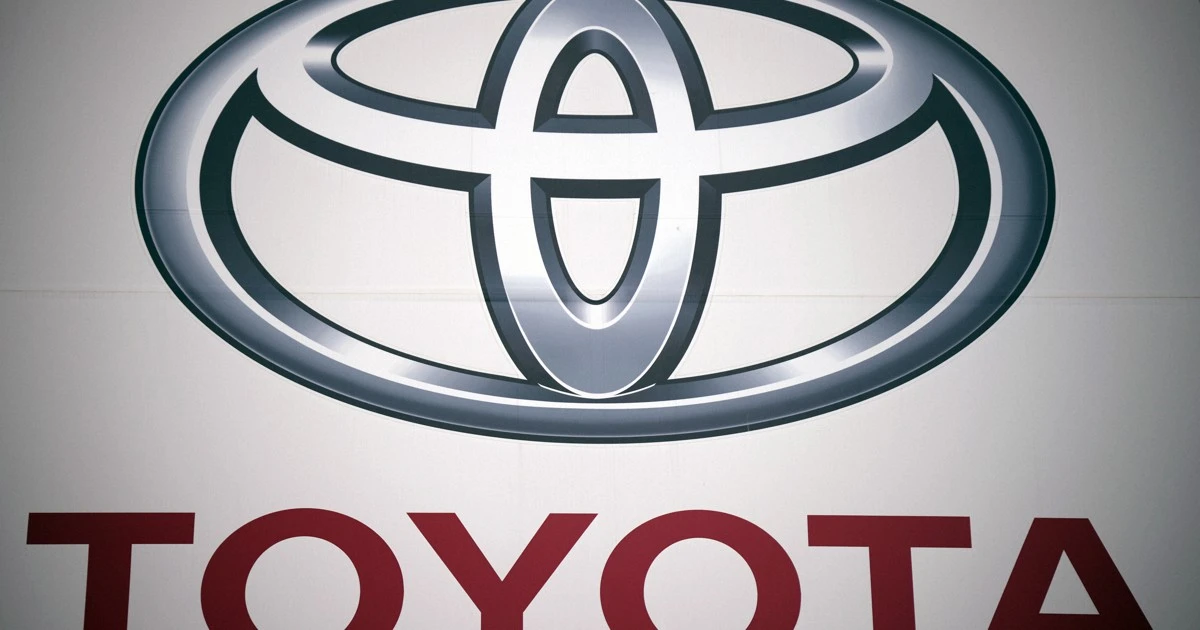Toyota to adopt Tesla charger for North American EV models
Toyota to adopt Tesla charger for North American EV models

mainichi.jp
Toyota to adopt Tesla charger for North American EV models - The Mainichi

NEW YORK (Kyodo) -- Toyota Motor Corp. said Thursday it will adopt Tesla Inc.'s charging standards for its electric vehicles to be sold in North Ameri